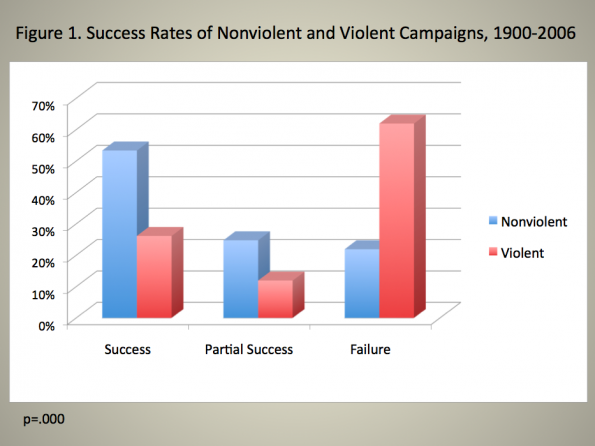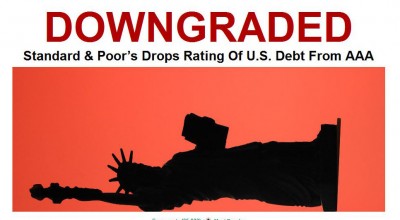Today we are told the last US troops pulled of Iraq. This allowed President Obama to announce the end of the Iraq war a week before Christmas. (We promised the Iraqis we’d be out by the 31st, so for all I know there may be a few stragglers.)
Out, of course, is a relative term. Left behind are a giant embassy compound in Baghdad, guarded by some Marines and up to 5,500 armed security contractors. Plus no doubt various secret outfits, of varying degrees of actual secrecy.
It’s clear to me that the entire affair was a major strategic disaster for the US, one entirely self-inflicted by the Bush administration. The war was prefigured when Bush moved half the US army to the Iraqi border. Having done so, he lacked the guts or the imagination to bring them home without attacking, but then the attack had always been his (and Cheney’s) intention. Bush-Cheney achieved their goal of killing Saddam Hussein, but as far as I can see got nothing of value to the US. Indeed, the strategic victor of the conflict was clearly Iran. There is even a plausible account that Iran manipulated the Bush administration into the conflict through its dupe, or even double-agent, Ahmad Chalabi. Regardless, the cost to the US in blood, treasure, and international influence, was and remains enormous.
One topic surprisingly under-reported in my media is whether the Iraqis think, on balance, it was worth it. They paid a much higher cost in blood, and in social upheaval, including what amounted to near-secession (the Kurds) and ethnic cleansing in many urban areas. I guess I’d like to know. Even a favorable verdict would not justify this war, but it might help some.
I am aware that some people want to argue that Arab Spring has roots in the Iraq war. I don’t see it. The causes of those revolutions seem to be to in the main highly indigenous: oppression plus rising expectations.
The case for semi-isolationism (e.g withdrawing to some form of NATO + a few key allies) has never looked so good. Not because it is good strategy or good international diplomacy (it may not be), or even because it might save us some money. The root of the case for semi-isolationism is that the Imperial Presidency cannot be trusted with the lives of our fellow citizens in uniform, nor with the lives of the inhabitants of the countries we aim to ‘save’.
That said, we should not forget that while the US was a leader in this effort, the US government did not act alone in Iraq: it was abetted by a ‘coalition of the willing’. The United Kingdom, Australia, and Poland contributed to the invasion. Thirty-seven other countries provided at least token, and sometimes more than token, troops to support military operations after the invasion was complete.




